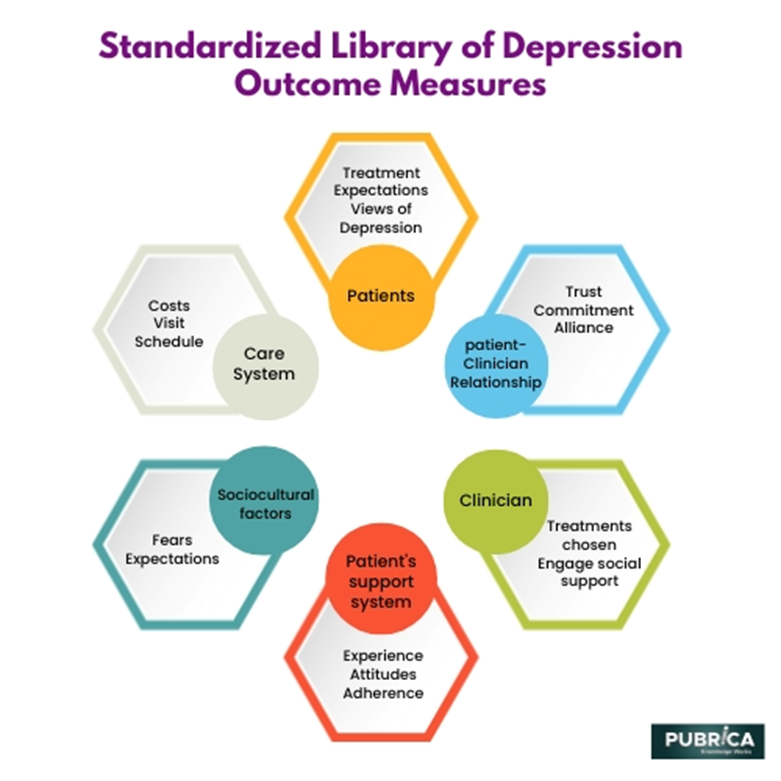- Services
- Discovery & Intelligence Services
- Publication Support Services
- Sample Work

Publication Support Service
- Editing & Translation
Editing and Translation Services
- Sample Work

Editing and Translation Service
- Research Services
- Sample Work

Research Services
- Physician Writing
- Sample Work

Physician Writing Service
- Statistical Analyses
- Sample Work

Statistical Analyses
- Data Collection
- AI and ML Services
- Research Impact
- Sample Work

Research Impact
- Medical & Scientific Communication
- Medico Legal Services
- Educational Content
- Industries
- Subjects
- About Us
- Academy
- Insights
- Get in Touch

- Services
- Discovery & Intelligence Services
- Publication Support Services
- Sample Work

Publication Support Service
- Editing & Translation
Editing and Translation Services
- Sample Work

Editing and Translation Service
- Research Services
- Sample Work

Research Services
- Physician Writing
- Sample Work

Physician Writing Service
- Statistical Analyses
- Sample Work

Statistical Analyses
- Data Collection
- AI and ML Services
- Research Impact
- Sample Work

Research Impact
- Medical & Scientific Communication
- Medico Legal Services
- Educational Content
- Industries
- Subjects
- About Us
- Academy
- Insights
- Get in Touch

Standardized Library of Depression Outcome Measures
Standardized Library of Depression Outcome Measures
Depression is a mental illness that affects millions of individuals throughout the world. It is distinguished by a continuous sense of sorrow, a loss of interest in activities, and other symptoms that can substantially influence a person’s everyday life. Fortunately, various treatment options are available for depression, including medication, psychotherapy, and other interventions. However, in order to assess the effectiveness of these treatments, it is necessary to have standardized methods of measuring depression symptoms and outcomes.
A standardized library of depression outcome measures is a collection of validated instruments commonly used to assess the severity of depressive symptoms and treatment outcomes. These measures are designed to be reliable, valid, and sensitive to changes in symptom severity over time. They are typically used in both research and clinical settings to assess the effectiveness of different treatments and interventions.
Beck Depression Inventory (BDI)
One of the most commonly used depression outcome measures is the Beck Depression Inventory (BDI). The BDI is a 21-item self-report questionnaire that assesses the severity and presence of depressive symptoms. It is widely used in research and clinical settings and has been extensively validated. The BDI has been shown to be a reliable and valid measure of depressive symptoms and is sensitive to symptom severity changes over time.
Hamilton Rating Scale for Depression (HAM-D)
Another commonly used depression outcome measure is the Hamilton Rating Scale for Depression (HAM-D). The HAM-D is a clinician-administered questionnaire that assesses the severity of depressive symptoms. It is widely used in clinical trials and research studies and is a reliable and valid measure of depressive symptoms. The HAM-D is often combined with other measures, such as the BDI, to assess depressive symptoms comprehensively.
Patient Health Questionnaire-9 (PHQ-9)
The Patient Health Questionnaire-9 (PHQ-9) is another commonly used depression outcome measure. The PHQ-9 is a self-report questionnaire that assesses the presence and severity of depressive symptoms. It is commonly used in primary care settings and is a reliable and valid measure of depressive symptoms. The PHQ-9 is easy to administer and can be used to monitor changes in symptom severity over time.
Montgomery-Asberg Depression Rating Scale (MADRS)
The Montgomery-Asberg Depression Rating Scale (MADRS) is a clinician-administered questionnaire that assesses the severity of depressive symptoms. It is commonly used in clinical trials and research studies and is a reliable and valid measure of depressive symptoms. The MADRS is often used in combination with other measures to provide a comprehensive assessment of depressive symptoms.
Center for Epidemiologic Studies Depression Scale (CES-D)
The Epidemiologic Studies Center The Depression Scale (CES-D) is a self-report questionnaire with 20 questions that measures the presence and severity of depressive symptoms. It is commonly used in research studies and has been shown to be a reliable and valid measure of depressive symptoms; and is often used in combination with other measures to provide a comprehensive assessment of depressive symptoms.
Geriatric Depression Scale (GDS)
Finally, the Geriatric Depression Scale (GDS) is a 30-item self-report questionnaire that assesses the presence and severity of depressive symptoms in older adults. It is commonly used in research studies and clinical settings and has been shown to be a reliable and valid measure of depressive symptoms in this population. The GDS is designed to be sensitive to the unique needs of older adults, who may experience depression differently than younger adults (1).
Conclusion
A standardized library of depression outcome measures is essential for researchers and clinicians working with individuals who experience depression. These measures are designed to be reliable, valid, and sensitive to changes in symptom severity over time. By using these measures to assess the effectiveness of different treatments and interventions, clinicians and researchers can better understand how to help individuals with depression live healthier, more fulfilling lives.
Give yourself the academic edge today
Each order includes
- On-time delivery or your money back
- A fully qualified writer in your subject
- In-depth proofreading by our Quality Control Team
- 100% confidentiality, the work is never re-sold or published
- Standard 7-day amendment period
- A paper written to the standard ordered
- A detailed plagiarism report
- A comprehensive quality report



